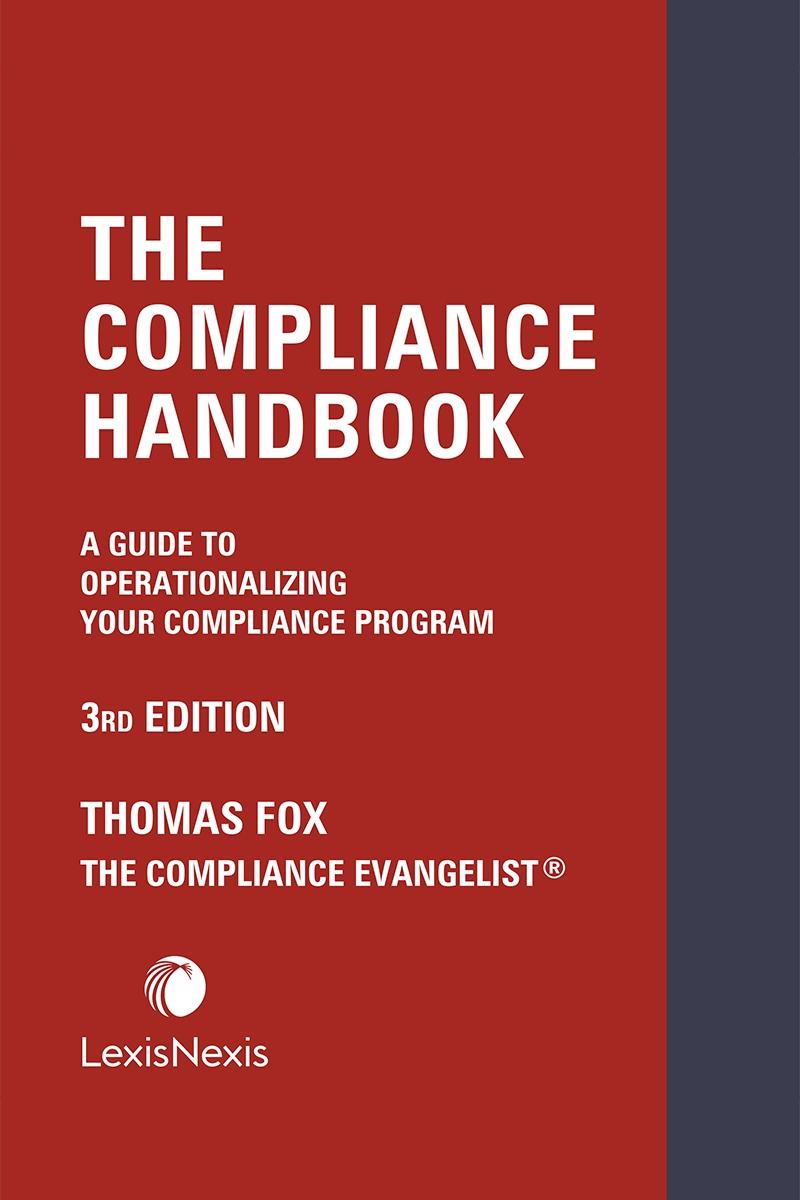What is perhaps one of the most recognizable movie themes of all-time? One that certainly falls into that category is the James Bond theme, written by Monty Norman, who recently passed away. According to his New York Times obituary, Norman took the job only because the producer, Chubby Broccoli, offered him a trip to Jamaica to watch some of the filming, in addition to more traditional monetary compensation. Norman was “struggling to come up with the theme, he said, until he remembered a song called “Bad Sign, Good Sign,” from an unproduced musical version of the 1961 V.S. Naipaul novel, “A House for Mr. Biswas,” on which he and a frequent collaborator, Julian More, had worked.” However, the opening line had an “Asian inflection and relied heavily on a sitar, but Mr. Norman “split the notes,” as he put it, to provide a more staccato feel for what became the theme song’s famous guitar riff. Norman said, “And the moment I did ‘dum diddy dum dum dum,’ I thought, ‘My God, that’s it. His sexiness, his mystery, his ruthlessness — it’s all there in a few notes.” (Listen to the James Bond theme here.)
I was reminded of the psychological nature of this great movie theme when reading a recent article in the MIT Sloan Management Review, Summer edition, entitled “Fostering Ethical Conduct Through Psychological Safety” by Antoine Ferrère, Chris Rider, Baiba Renerte, and Amy Edmondson. In this article, the authors asked such questions as “How do organizations encourage people to speak up about ethical breaches, whether inadvertent or deliberate?” and “Why do some employees choose to remain silent when others report misconduct?” Additionally, they “analyzed the perceptions of those who report misconduct against those of “silent bystanders” to help “better understand both the drivers and derailers of speaking up — and revealed insights into how leaders and compliance officers can encourage employees to make such reports.’”
The authors believe today, “it is more essential than ever that when misconduct happens or difficult problems arise, there is a strong ethical climate for surfacing information so that leaders can respond quickly and appropriately. An environment in which employees feel comfortable reporting such issues is also vital to preventing future misconduct.” Over the next couple of posts I will be exploring this article and some of the issues it raises. In Part 1, we look at what questions you should consider to determine the amount of psychological safety in your organization.
The starting point for any analysis for psychological safety is with one of the authors, Amy Edmondson herself and her seminal work The Fearless Organization. The authors began by modifying her original 1999psychological safety scale to emphasize a specific focus on employees speaking up. Interestingly, they added “the idea of thinking before speaking up in the hope of measuring hesitation.” They did so to “capture comfort levels in speaking up, based on the intuition that in a psychologically safe climate, people tend to say something right away, and when they don’t feel psychologically safe, they are more likely to keep incidents to themselves.”
By looking at how psychologically safe an organization is, the authors posited they could then measure variance in psychological safety across teams and regions by surveying employees. They believed that this approach would allow them to then “focus efforts on teams who need the most help and to identify teams whose psychologically safe cultures may offer examples from which other teams can learn.” To do so the authors’ developed a survey which asked the following, “on a scale from 0 (completely disagree) to 10 (completely agree), their level of agreement with the following statements:”
- On my team, if you make a mistake, it is often held against you.
- Members of my team are able to bring up problems and tough issues.
- People on my team sometimes reject others for having different views.
- It is safe to take a risk on my team.
- It is difficult to ask other members of my team for help.
- I tend to think about how raising a concern will reflect on me before speaking up.
Interestingly, the authors acknowledged relationship to whistleblowing, in the context of both psychological safety and an ethical business, they strove to make clear “an important distinction between external whistleblowing and those who speak up about perceived misconduct at work.” Moreover, recognizing the vital role external whistleblowers play in the detection prong of any best practices compliance program, if a whistleblower goes to the Securities and Exchange Commission (SEC) or other external actors, it is almost always because “they felt their concerns could not be expressed, heard, and addressed internally.” The authors believe that a “healthy organizational culture is one in which speaking up and listening go hand in hand and thereby reinforce ethical standards. If concerns are expressed, changes can be made in a timely way.” This is important because it moves from the detect prong to the prevent prong, which is by far the more important and effective prong in any compliance regime. Further ideas or innovations, rather than simply reporting of untoward actions, can make a company more efficient and more profitable. All of this means that if there truly is psychological safety a company can receive far more benefits than simply monetary fine or penalty avoidance.
Join us tomorrow in Part 2 where we consider the role of psychological safety and moving it through an organization.






